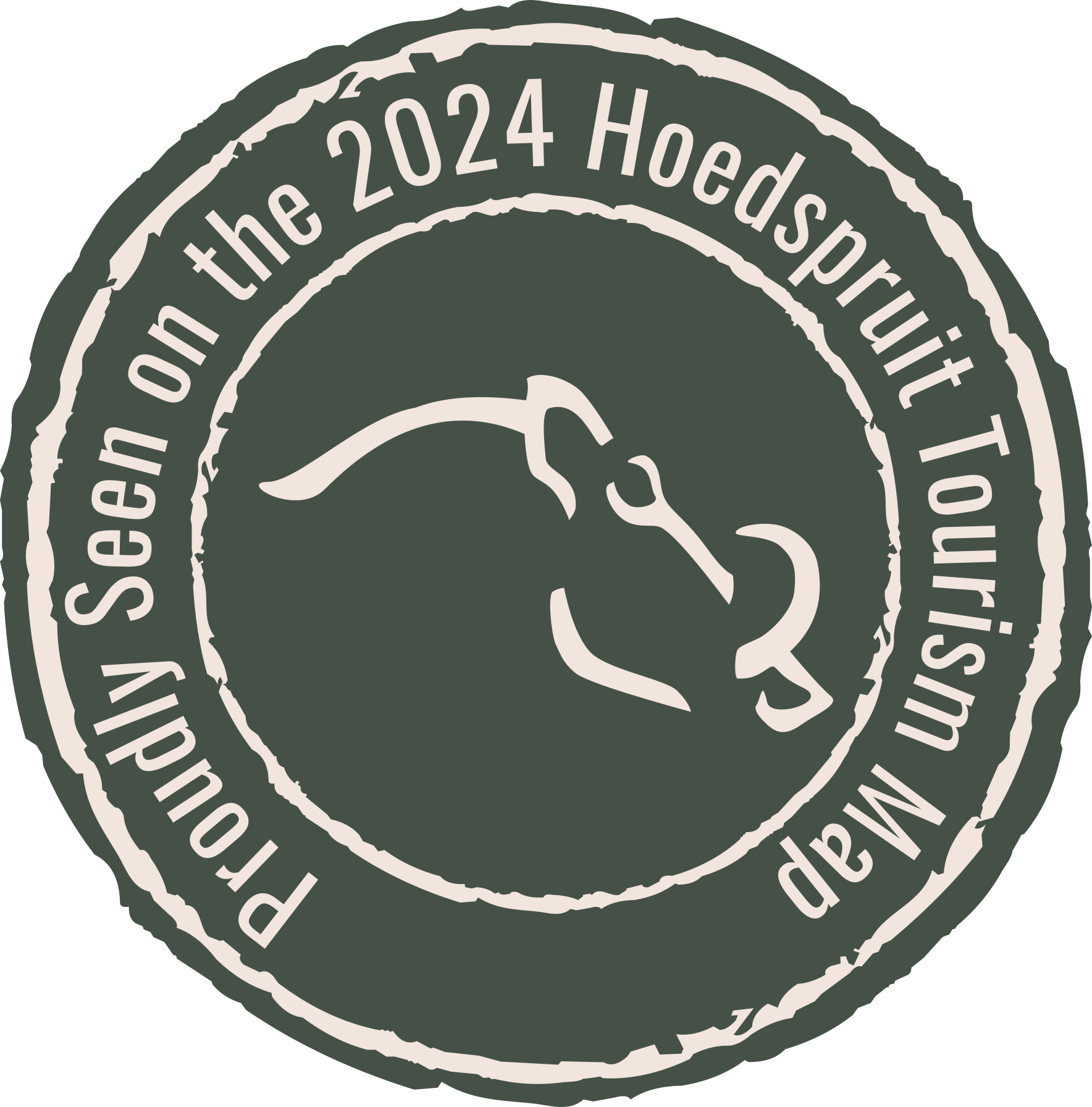The Role of AI in the Future of the Travel Industry
As we stand at the intersection of technological advancement and the ever-evolving travel landscape, Artificial Intelligence (AI) emerges as a transformative force shaping the future of the travel industry. From personalized recommendations to streamlined operations, AI is revolutionizing how we plan, experience, and manage travel. In this article, we delve into the multifaceted role of AI in the travel industry and explore the promising future it holds.

Navigating the Technological Horizon: An Introduction to AI in Travel
The Pervasive Influence of Artificial Intelligence
Artificial Intelligence, encompassing machine learning, natural language processing, and predictive analytics, is reshaping industries across the board, and the travel sector is no exception. The integration of AI into various facets of the travel journey is unlocking unprecedented possibilities for businesses and travelers alike.
Understanding the Reader's Intent
For readers seeking insights into the future of travel, this article aims to provide a comprehensive overview of AI's role in shaping the industry. From enhancing customer experiences to optimizing business operations, the exploration of AI applications will shed light on the transformative potential of this cutting-edge technology.
AI-Powered Personalization: Tailoring Travel Experiences
Revolutionizing Customer Experiences
AI excels in processing vast amounts of data to understand individual preferences and behaviors. In the travel industry, this translates into hyper-personalized experiences. From suggesting destinations based on past travel patterns to recommending personalized itineraries, AI enhances the customer journey, making it more relevant and enjoyable.
Implementation in Travel Apps and Platforms
Leading travel platforms are leveraging AI to offer personalized recommendations. Travel apps analyze user data, including search history and preferences, to provide tailored suggestions for accommodations, activities, and dining options. This level of personalization elevates the travel planning process, saving time and enhancing user satisfaction.
AI in Travel Booking: Streamlining the Planning Phase
Enhanced Search and Booking Processes
The future of travel booking lies in AI-driven search and booking mechanisms. AI algorithms can process complex search queries, understand user intent, and provide highly relevant results. This not only simplifies the booking process for travelers but also ensures they find options aligned with their preferences and budget.
Dynamic Pricing Optimization
AI's predictive capabilities extend to dynamic pricing, where algorithms analyze factors such as demand, availability, and historical data to optimize pricing in real-time. This benefits both travelers, who may find more competitive rates, and businesses, which can maximize revenue through intelligent pricing strategies.
AI-Powered Customer Service: Elevating Support and Assistance
Chatbots and Virtual Assistants
AI-driven chatbots and virtual assistants are becoming integral components of customer service in the travel industry. These smart assistants handle routine queries, provide real-time information, and assist with bookings. Their 24/7 availability enhances customer support, ensuring travelers receive immediate assistance whenever needed.
Natural Language Processing for Seamless Communication
Advancements in natural language processing enable AI systems to understand and respond to human language effectively. This technology is enhancing the conversational abilities of chatbots, making interactions more natural and efficient. Travelers can seek information, make changes to reservations, or get travel advice using simple and intuitive language.
AI in Travel Operations: Optimizing Efficiency
Predictive Analytics for Demand Forecasting
AI's predictive analytics capabilities are invaluable for anticipating travel demand. Airlines, hotels, and other travel businesses use AI algorithms to analyze historical data, seasonal patterns, and external factors to forecast demand accurately. This helps optimize inventory, pricing, and staffing to meet anticipated demand levels.
Smart Maintenance and Operations
In the transportation sector, AI is transforming maintenance operations. Smart sensors and AI algorithms monitor the condition of vehicles, aircraft, and infrastructure in real-time. Predictive maintenance models can identify potential issues before they become critical, reducing downtime and enhancing operational efficiency.
The integration of Artificial Intelligence into the travel industry marks a paradigm shift in how we approach and experience travel. From personalized recommendations to streamlined operations, AI is a catalyst for innovation and efficiency. As we navigate the future, the symbiotic relationship between AI and the travel industry holds the promise of creating more seamless, personalized, and enjoyable journeys for travelers worldwide.
ASK US
Embrace the future of travel by staying informed about AI advancements and their applications in the industry. Whether you're a traveler seeking personalized experiences or a travel professional aiming to optimize operations, understanding AI's role is key to navigating the evolving landscape successfully.
We will get back to you as soon as possible
Please try again later
Frequently Asked Questions
-
How can travelers ensure the security of their data when using AI-powered travel platforms?
To ensure data security, travelers should choose reputable and secure travel platforms. Look for platforms that adhere to data protection standards, use encryption protocols, and provide clear privacy policies. Additionally, use strong, unique passwords and enable two-factor authentication when available.
-
Can AI enhance safety and security in the travel industry?
Yes, AI plays a crucial role in enhancing safety and security in travel. From predictive maintenance in transportation to advanced security screening at airports, AI technologies contribute to creating a safer and more secure travel environment.
-
How can travel businesses, especially smaller ones, incorporate AI without significant resources?
Smaller travel businesses can start by leveraging AI tools and platforms that offer cost-effective solutions. Many AI services provide scalable options, allowing businesses to integrate AI gradually based on their specific needs and budget constraints.
Articles







